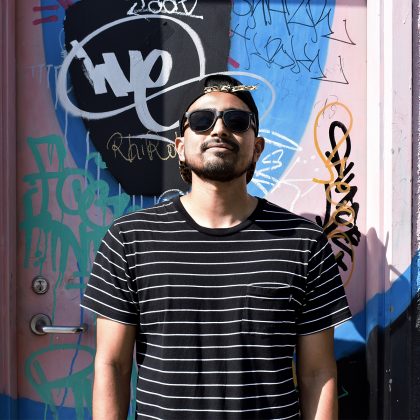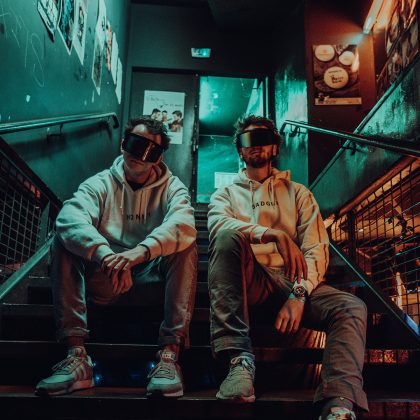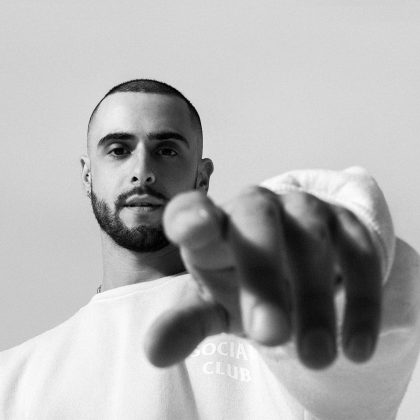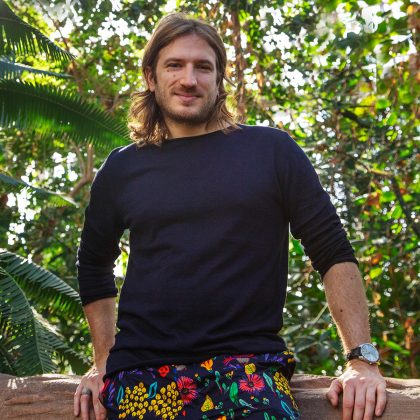Don Carlos “Alone”
The birth of our underground brand Factory 93 not only brought on an adrenaline rush reminiscent of the renegade warehouse era of raving—on which Insomniac was founded—but it also had us thinking back to all the people, places and parties that made this whole operation possible. And with that came a burning desire to crack open our collection and dust off the classic records we couldn’t live without. Through our From the Crates series, we break out seminal and obscure cuts alike, imparting some knowledge in the process.
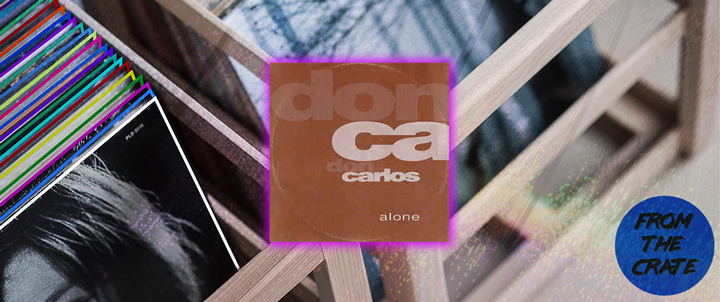
Giuseppe Verdi’s Don Carlos is one of the best known of the grand operas, and even among that rarified genre, it stands out for its epic scale. Its plotline, concerning a seemingly endless series of events in the life of Carlos, Prince of Asturias, is almost Game of Thrones–esque in scope, a convoluted series of events that takes a full four hours to unfold. But at its core, it’s about man’s struggles with the conflicts of the world and the never-ending desire for escape and transcendence.
It’s tempting to think there’s some connection between Verdi’s Don Carlos and Italo house’s Don Carlos, one of the musical alter egos of producer Carlo Troya. After all, Troya’s best known song, 1991’s “Alone,” feels like a billowing ode to transcending the daily grind, the kind of song that makes the tribulations of life seem distant at worst, nonexistent at best. But we can only guess at that connection, as a traipse through the Google-verse reveals only the barest of bare-bones info on Troya, despite the fact that he’s a near deity among Italo house acolytes.
Here’s some of what we do know about the low-profile artist: Troya hails from Varese, a city in northern Italy. He came of deejaying age in the late ‘70s and early ‘80s, when DJs like Beppe Loda were first exploring what became known as the “cosmic” sound (or “Afro” sound, depending on who’s doing the telling), weaving together a swirling, psychedelic stew of synth material, African and other world rhythms, progressive rock and jazz, disco, and plenty more. He still pops up today for the occasional gig. “Alone” was his debut Don Carlos production—but in the years following, he also made music as Aquanauts, Love 2 Love Orchestra, and Montego Bay (with Stefano Tirone), among other monikers.
The song serves as the archetype, the ne plus ultra, of a certain subset of the early-‘90s Italian club sound.
But “Alone” is Troya’s main claim to fame and his ticket to immortality. The song serves as the archetype, the ne plus ultra, of a certain subset of the early-‘90s Italian club sound. For many, Italo house is defined by full-bore, hands-in-the-air, arguably cheesy piano pounders à la Black Box—but it’s the deeper, groovier, dreamier version of Italo house that’s worth digging for. And within that strain, the ambrosial “Alone” stands, well, alone.
Considering that the dominant forms of house at the time were the jacking Chicago style or the overtly soulful New York version, along with variations thereof coming out of London and elsewhere, it’s remarkable that a sui generis track like “Alone” came to be at all. The song unfolds like a dream: A gentle synth wash patiently merges with a roller-rink organ, percolating keys, rubber-band bassline, and a gentle conga line. When the gorgeous piano chord kicks in just shy of the two-minute mark, it’s paradise—and when the echoed, subtly jazzy sax riff joins in, it’s whatever lies beyond paradise. It’s doesn’t knock you in the gut; instead, it lifts you toward the heavens. For clubbers who were there, “Alone” supplies a serotonin rush of nostalgia; as one Discogs commenter puts it, the tune is a wistful reminder of “when the drugs still worked and we didn’t.”
Troya’s had a hand in plenty of excellent tunes over the course of his production career. The deep organ tones and soulful uplift of “I Can Love Nobody,” the piano-led propulsion of Montego Bay’s 1992 club hit “Everything,” the low-end bump of the 1996 Aquanauts tune “Karma”—these tracks and others still sound great today. But none of them come close to the blissed-out beauty, the sheer transcendence, of “Alone.” It’s the mack daddy of deep Italo house, and to this day, it remains one of the most affecting club tracks of any kind.


